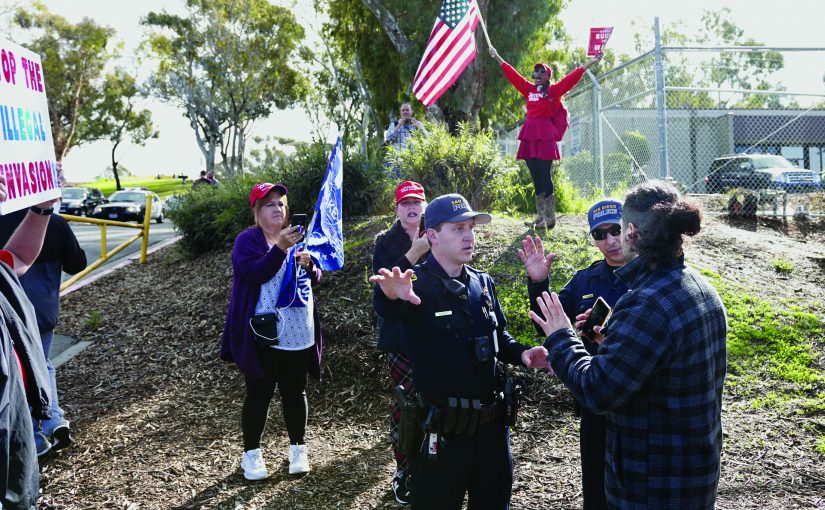Crucial Communications Across Languages
Legal Interpreting and Police Practices in Multilingual Communities

“A culturally responsive justice system does not mean the immigrants are not obligated to meet the same requirements and standards of accountability that the system imposes on all Americans. Rather, a culturally responsive justice system is one in which the key players have the education, training, and sensitivity necessary to identify the linguistic needs of a diverse population of immigrants and to have some understanding of the legal and cultural forces that may have contributed to the immigrants’ behavior.”
—Honorable Paul DeMuniz, former Chief Justice of the Oregon Supreme Court.
According to the United States Census Bureau, estimates compiled by the 2019 American Community Survey indicate that roughly one-quarter of U.S. residents speak a language other than English at home. These estimates serve as a reminder that the United States is often considered the world’s principal melting pot, a fact that impacts many service sectors.
Foremost among those impacted sectors is the policing profession. Across the United States, officers, investigators, and professional staff are called upon daily to perform their duties while navigating the challenges posed by interactions with Limited English Proficient (LEP) persons and communities. LEP persons are individuals who do not speak English as their primary language and have limited ability to read, speak, write, or understand English.


